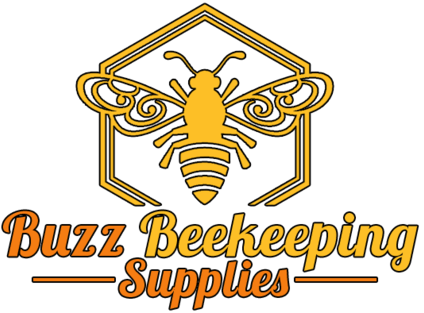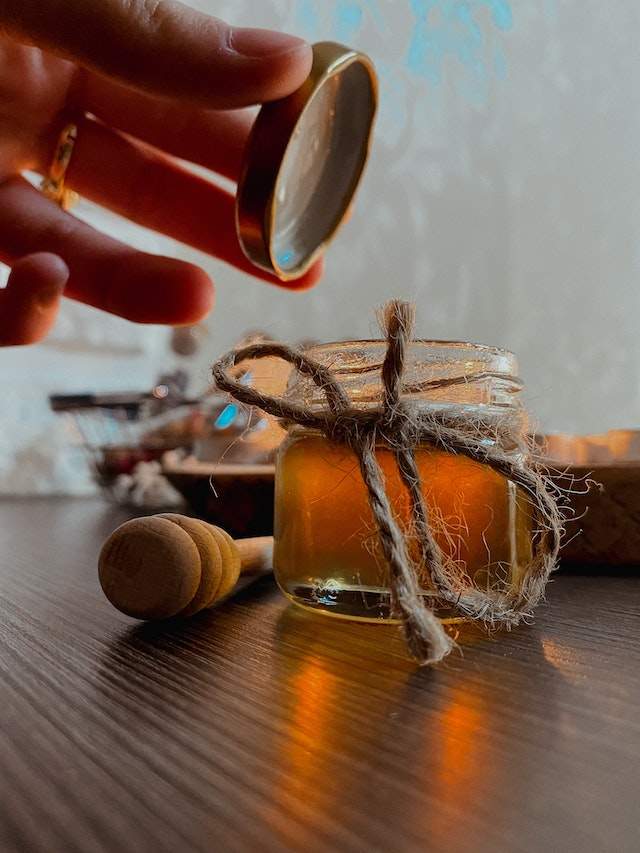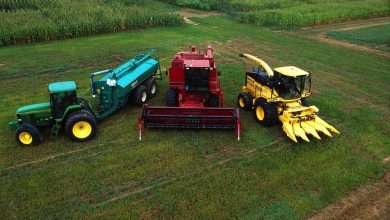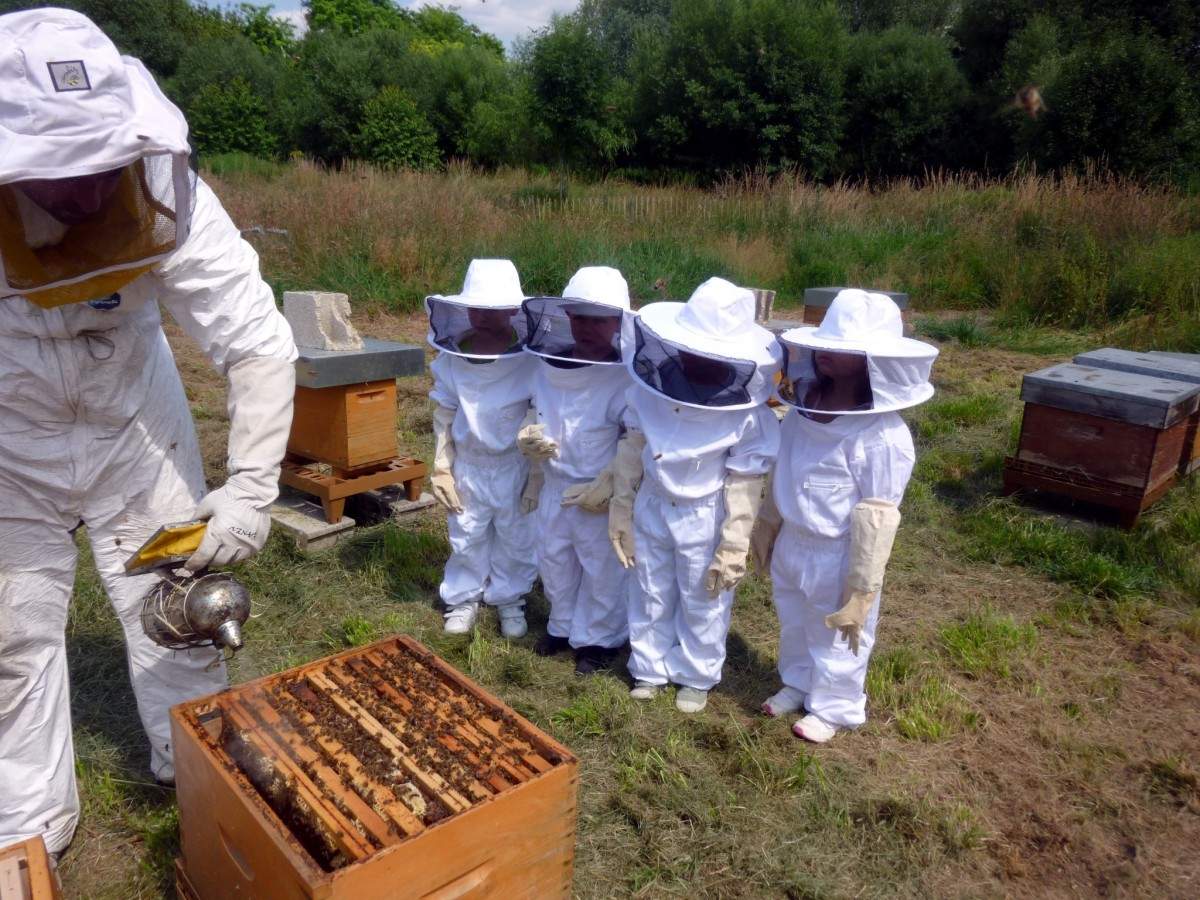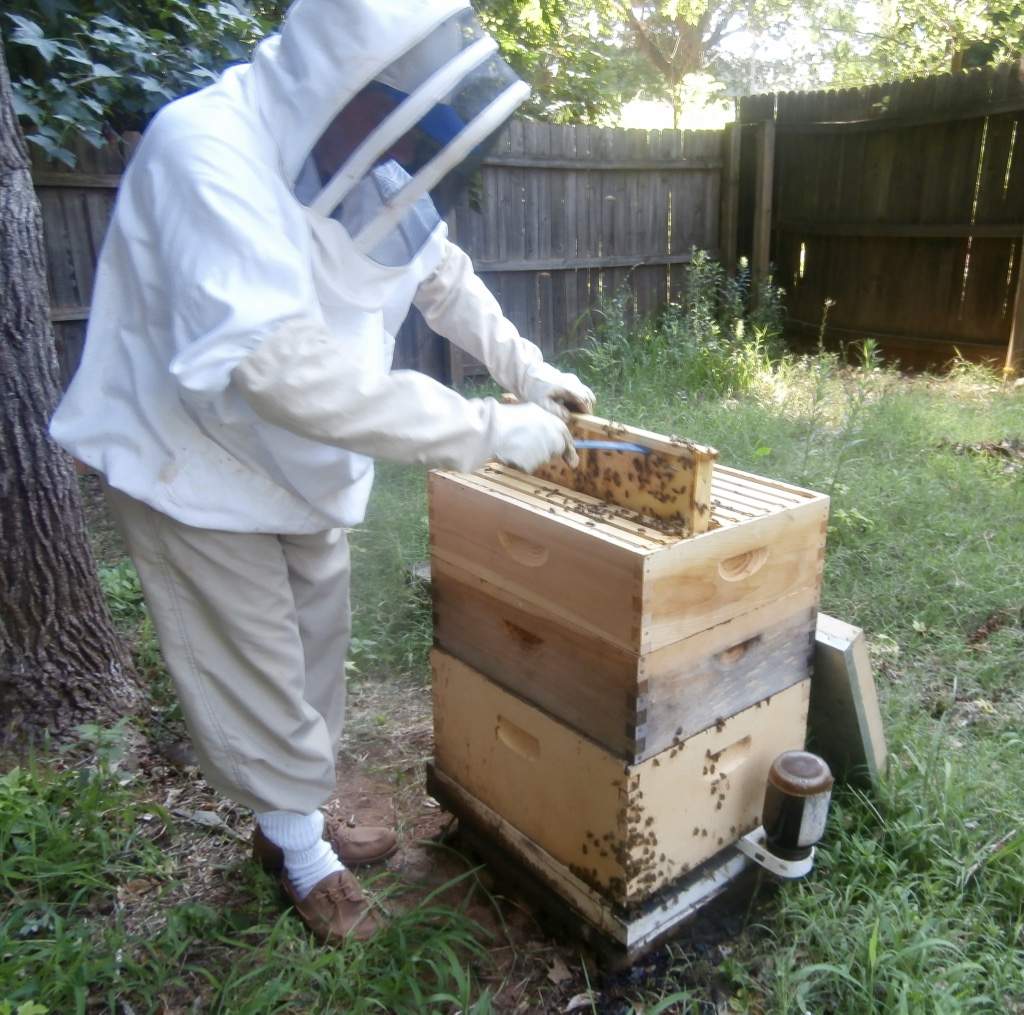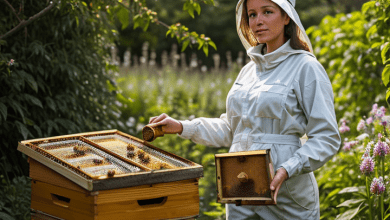Beekeeping Supplies Louisiana
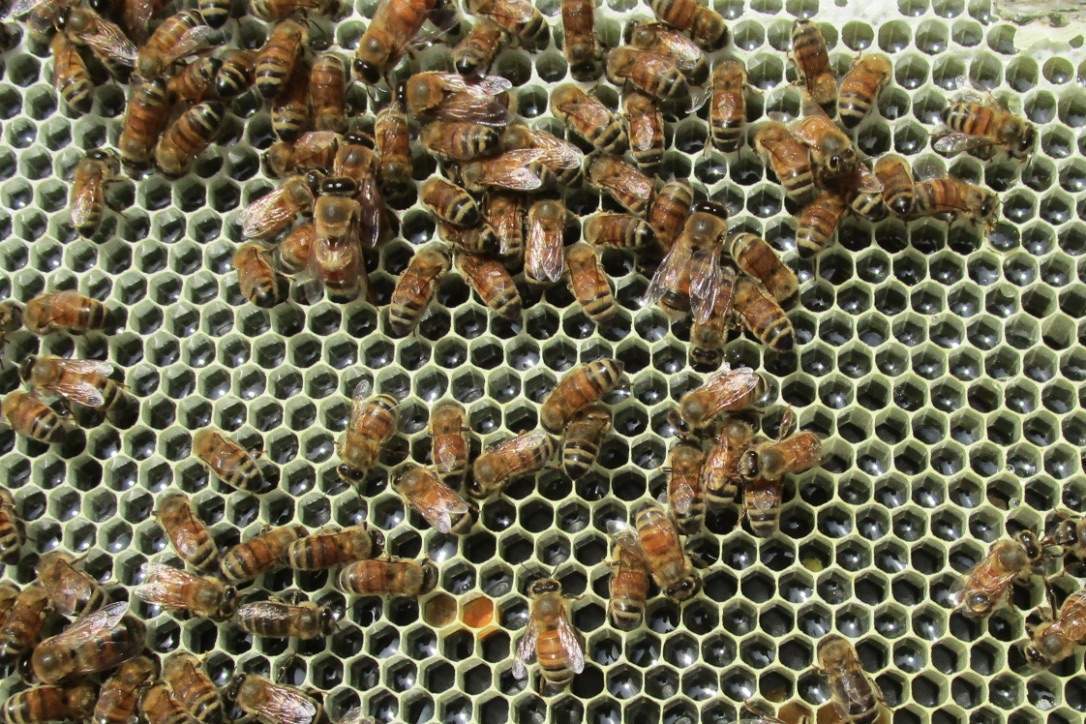
No matter where you are looking for beekeeping supplies in Louisiana, we’ve got you covered.
Currently, there are over 750 beekeepers in Louisiana, with about 37,000 colonies of honey bees, producing over 2 million pounds of honey each year.
Typical beekeeper supplies needed in Louisiana include:
Beekeeping Woodenware
The most popular bee hive in the US is the 10-frame Langstroth hive, originally patented in 1852. This hive, for over 170 years, has been the industry standard.
The hive components include:
- Hive body
- Bottom board
- Honey super
- Frames
- Inner cover
- Hive cover
Beekeeper Protective Clothing
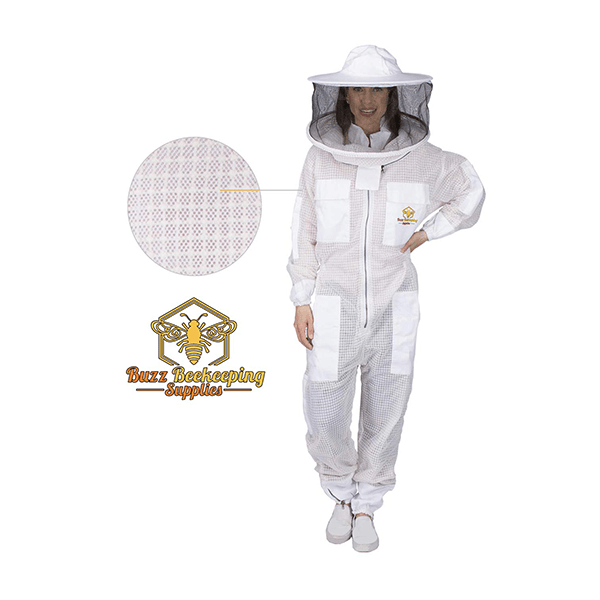
The most common protective gear for beekeepers include:
Beekeeping Suits
Both canvas beekeeping suits and ventilated bee suits are available.
Beekeeping Jackets
Canvas bee jackets and ventilated bee jackets are available.
Beekeeping Gloves
Goatskin bee gloves and cowhide bee gloves are available.
Many times, you can purchase a combo pack of a bee suit and bee gloves at a discount.
Please note: Your beekeeping suit or beekeeping jacket should come with a veil included.
Beekeeping Equipment and Tools
Here is a list of some common beekeeping tools:
- Hive tool
- Hive smoker
- Queen marker
- Bee Brush
- Hive feeder
- Entrance reducer
The state association is the Louisiana Beekeepers Association.
Where to buy bees and nucs in Louisiana?
One of the best places to purchase queen bees, packaged bees and nucleus hives (nucs) is your local bee club.
Here is a list of local bee clubs in Louisiana:
| Acadiana Beekeepers Association |
| Beekeepers of River Region |
| Beekeepers of Tangi-Tamington |
| Capital Area Beekeepers Association |
| Lake Area Beekeepers |
| Southeast Louisiana Beekeepers |
Beekeeping in Louisiana
The Louisiana Department of Agriculture and Forestry regulates the apiary industry in the state.
Louisiana Beekeeping Laws
Anyone who keeps bees in Louisiana needs to be registered. The cost depends on the number of hives that a person owns and whether they have a Class A or a Class B permit.
The beekeeping laws in Louisiana can vary, depending on which city or county you reside or keep bees.
Honey Varieties in Louisiana
Although many states produce more honey, few can match Louisiana for variety and quality!
- Clover Honey
- White Dutch Honey
- Buckwheat Honey
- Citrus Honey
- Wildflower Honey
Selling Honey in Louisiana
Do you need a license to sell honey in Louisiana?
Title 51 of the Louisiana Administrative Code mandates that all persons packing honey for sale to the public apply to the Louisiana Department of Health and Hospitals, Office of Public Health, Food and Drug Unit for a Permit to Operate.
Honey Labels
All processed food products sold within the state must be labeled in accordance with applicable labeling rules and regulations.
All food labels must bear the following mandatory information:
- Statement of Identity. The common or standard name of the product (e.g., “strained honey”). A honey may be labelled with the name of a particular plant or blossom only if the honey producer is capable of determining that said plant or blossom constitutes the chief floral source for that honey.
- List of Ingredients. If the food is composed of two or more ingredients, the package or container shall bear a listing of each ingredient in descending order of predominance by weight.
- Name and Place of Business Of Manufacturer, Packer or Distributor. The label must specify conspicuously the name and place of business of the manufacturer, processor, packer, or distributor.
- Net Quantity of Contents. Each unit package of a processed food shall bear a statement of the net quantity of contents. Use units of measure: fluid ounces, pints, quarts, gallons. Must include Metric equivalent:
- Print / Type Size Specifications. The net quantity of contents declaration must be in letters and numerals in a type size established in relationship to the area of the principal display panel of the package and shall be uniform for all packages of substantially the same size.
- Nutrition Facts Labeling. Nutrition information relating to food must be provided for all products intended for human consumption and offered for sale unless a specific exemption is provided for. If an operation employs fewer than 10 full-time employees and sells fewer than 10,000 units of a product per annum, it is granted an automatic exemption. If an operation employs fewer than 100 full-time employees and sells fewer than 100,000 units of a product per annum, it will be granted an exemption provided that a request is filed annually with FDA. A nutrient content claim, health claim or any other nutrition information on the label or in labeling or advertising in any context, and in any form of expression, implicit, as well as explicit, shall negate any exemption and subject a food to providing nutrition information in accordance with applicable regulations.
Frequently Asked Questions
Do you have to register bees in Louisiana?
- Louisiana Laws – On or before October 1 of each year, or prior to bringing any honeybees or beekeeping equipment into the state, every beekeeper shall register with the commissioner every colony or apiary in his possession or under his control.
What are the best trees for bees in Louisiana?
- Louisiana has a number of native trees that are particularly beneficial for honey bees. These include tupelo, red maple, black willow, parsley hawthorn and buttonbush, which provide a source of pollen for the bees.
Are there Africanized honey bees (AHB) in Louisiana?
- In the fall of 2001, the AHB had reached the border of Caddo Parish in north Louisiana. In 2005, colonies collected in a Louisiana Department of Agriculture and Forestry trap were identified as Africanized honeybees. AHB swarm captures in Caddo, Calcasieu and Cameron parishes indicate that these areas are infested. State trap lines have now been moved farther east to monitor the movement of the Africanized honeybees through Louisiana.
